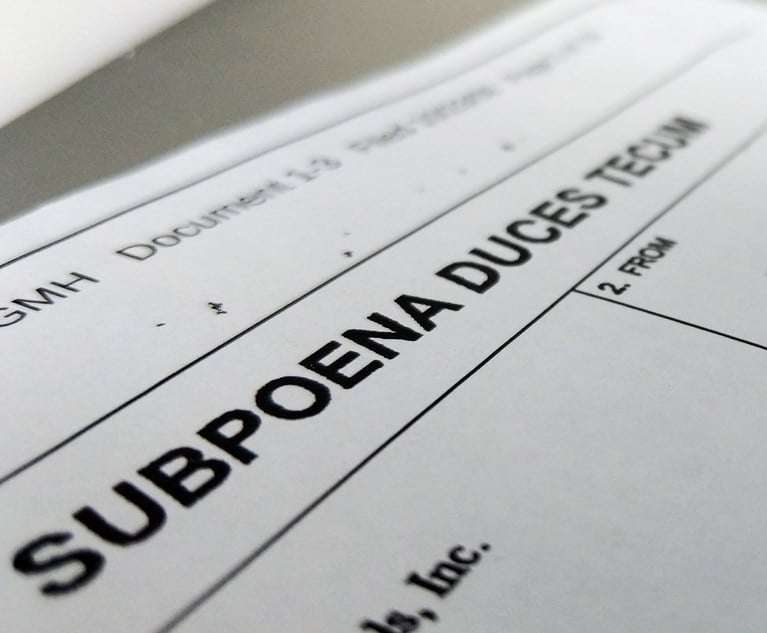The tea-leaf readers and wishful thinkers have been predicting an FCPA corporate enforcement slowdown for years. Prior to 2015, sentiment was, in effect, that FCPA enforcement had enjoyed a long run, but all “good” things must come to an end. In 2015, when there were relatively few corporate investigations, pundits were convinced that the slowdown was upon us—until 2016’s record year of enforcement actions (DOJ and SEC). Then, with the possibility of a more business-friendly U.S. administration in 2017, we heard the familiar refrain of a slowdown. Those views were seemingly reinforced in the early months of the new administration, when FCPA enforcement started slowly. Then, the FCPA Corporate Enforcement Policy (the policy) was instituted, offering a presumption of declination for companies who meet the Policy’s requirements. With companies obtaining declinations, and DOJ resources being consumed (by the increased emphasis in the prosecution of individual FCPA violators, who are generally more likely to challenge the government’s case in court and tie up FCPA unit resources) as well as shifted to other administration focuses, the view was that these factors likely equated with less pressure on companies regarding anti-corruption compliance.
Unfortunately, the continued anticipation of the demise of FCPA enforcement has been and remains premature. The prosecutors and leadership at the fraud section and the FCPA unit are not politically appointed, and they have made clear at numerous conferences that they are very hard at work building cases, including cases against companies.










